6. Saving Private Ryan (1998)
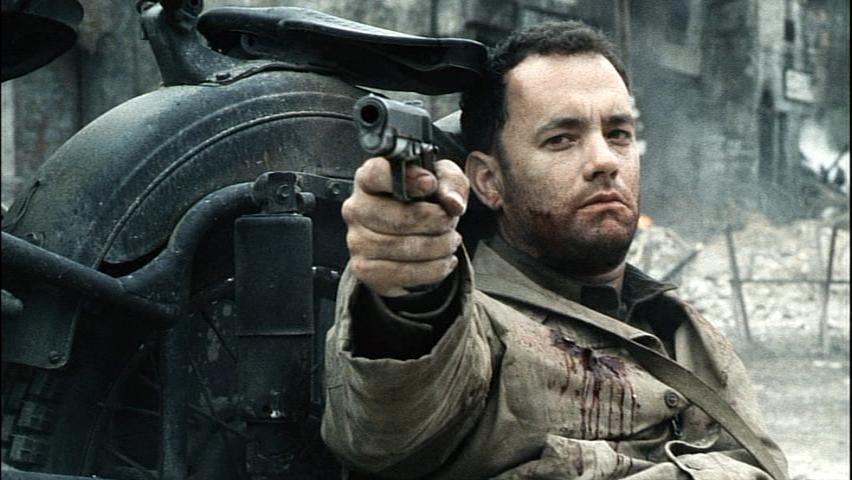
Steven Spielberg won this Oscar for fifteen minutes of this film. You know which fifteen minutes. The opening battle depicting Omaha Beach. Much has been written about how this battle changed war filmmaking specifically and action filmmaking as a whole.
The whole sequence is shot to give one the impression that they are in the middle of all the pointless chaos on around them. There is so much violence and no rhythm to it, it truly gives the impression that death can come to anyone at any moment (except Tom Hanks). If the whole movie was like those fifteen minutes, this would’ve been one of Spielberg’s greatest achievements.
The battle was so effective because it understood that these images spoke for themselves. Spielberg forgot that nearly immediately with characters constantly pontificating about the absurdities of war and the preciousness of life. It becomes a real slog and ends in the most saccharine way possible with a bad older actor whispering at a gravestone.
The film lost to Shakespeare in Love, which to a certain red-blooded American man with a very specific idea of what an Important Film looks like was a travesty to end all travesties when Shakespeare in Love when really neither movies are all that special.
7. Traffic (2000)
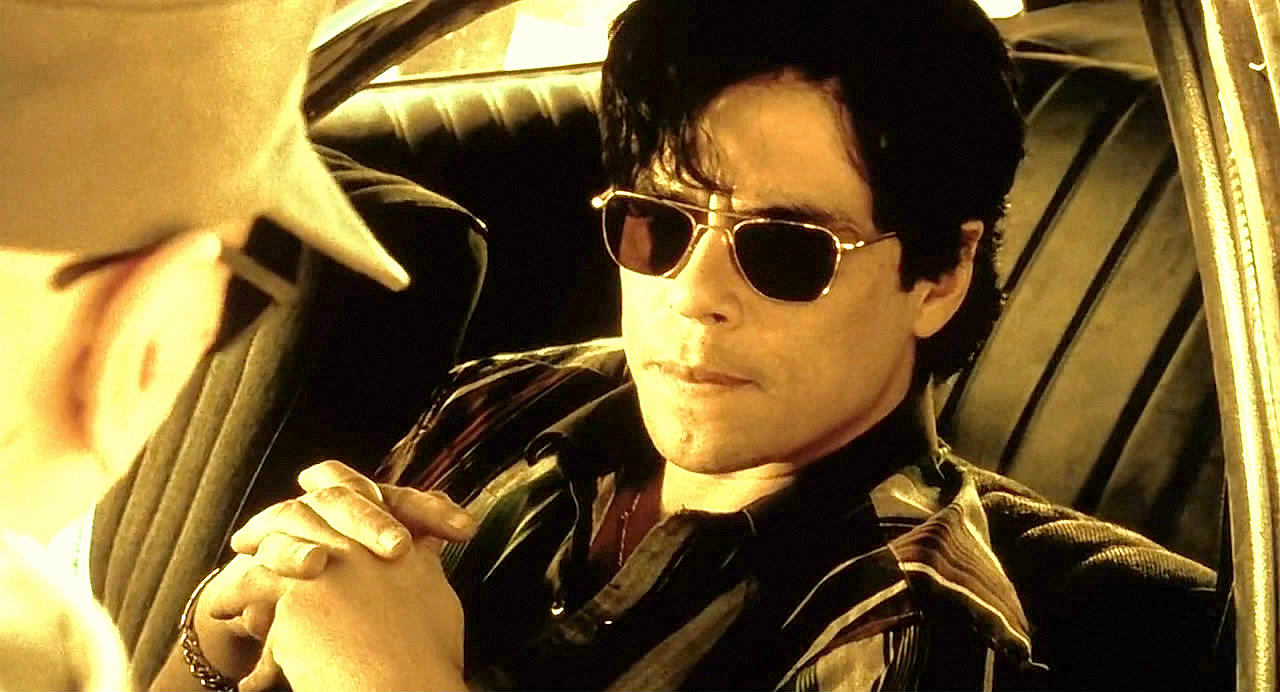
Steven Soderbergh’s mosaic of the War on Drugs, Traffic, unfortunately does not hold up today especially with The Wire to compare it to. Where that classic TV show truly was able to spend time with every facet effected by the drug trade, Traffic has three main storylines that focuses almost exclusively on how rich white people are effected by the situation.
A sympathetic poor black drug addict like Bubbles or even a fully rounded low level drug dealer like Bodie are eschewed in favor of Michael Douglas’s drug czar’s teenager and a wife to a kingpin slowly figuring out her own powers (another story arc that looks quaint compared to a more in depth TV show, this time Breaking Bad).
The only true person of color in a lower class that we get a sense of is Bencio Del Toro’s Javier, an uncomplicated good cop that now looks weak compared to Del Toro’s own performance in last year’s Sicario.
The movie is didactic as can be with multiple characters giving long speeches underlying the messages that the viewer is supposed to become enlightened from including the laughably cliche climax where Michael Douglas starts a speech, can’t get through it, and then speaks from the heart.
It makes sense that Soderbergh wouldn’t make a politically astute film. Soderbergh is not a particularly political filmmaker, he has always been more interested in aesthetics. That plays out mostly in how the three locations are shot with their own unique styles. The two years before Traffic saw him experiment with genre to satisfying effect with Out of Sight and The Limey.
Both of those movies have lived on way longer than his 2000 efforts, this movie and Erin Brockovich, another message movie. Of course, it took big messages for the Academy to take notice of Soderbergh.
Both movies were nominated and he was nominated for Best Director for both efforts. His ultimate award seems like an acknowledgement of both efforts. They each lost to Ridley Scott’s blockbuster swords-and-sandal pic Gladiator, a movie that still thrills to this day.
8. The Pianist (2002)
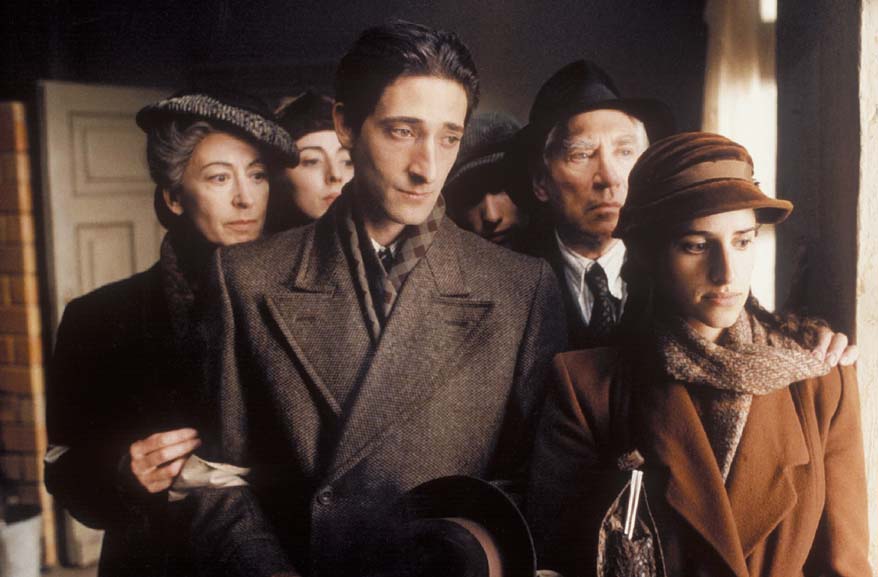
Holocaust survivor Roman Polanski (Chinatown, Rosemary’s Baby) won his Best Director Oscar with his portrayal of the Shoah. Based on Wladyslaw Szpilman’s memoir of survival, Polanski exhaustively follows the titular pianist as he lives in a ghetto, escapes, and lives in hiding for the remainder of the war.
The atrocities around him are shot almost from his point of view, the camera will linger for a couple seconds on the corpse of a child rotting in the street as he walks by or we’ll see an old man get thrown from his wheelchair off a balcony from the window. The accumulative effect is the feeling that everywhere just off screen is death and unimaginable horrors.
The last twenty minutes details the friendship between Szpilman and a German officer who is moved by his master piano playing and helps him survive. This storyline avoids any trite resolutions with the ending haunted by how Szpilman can not return the favor when the situation becomes reversed.
Polanski could not receive his Oscar in person because of his outlaw status based on his infamous rape case. When his name was announced, all of Hollywood did a standing ovation in his absence queasily sending the message that all was forgiven thanks to this admittedly great portrayal of history’s most famous tragedy. The grim seriousness might’ve been too much in the long run with the film ultimately losing to the escapist dark fantasy of Chicago.
9. Brokeback Mountain (2005)
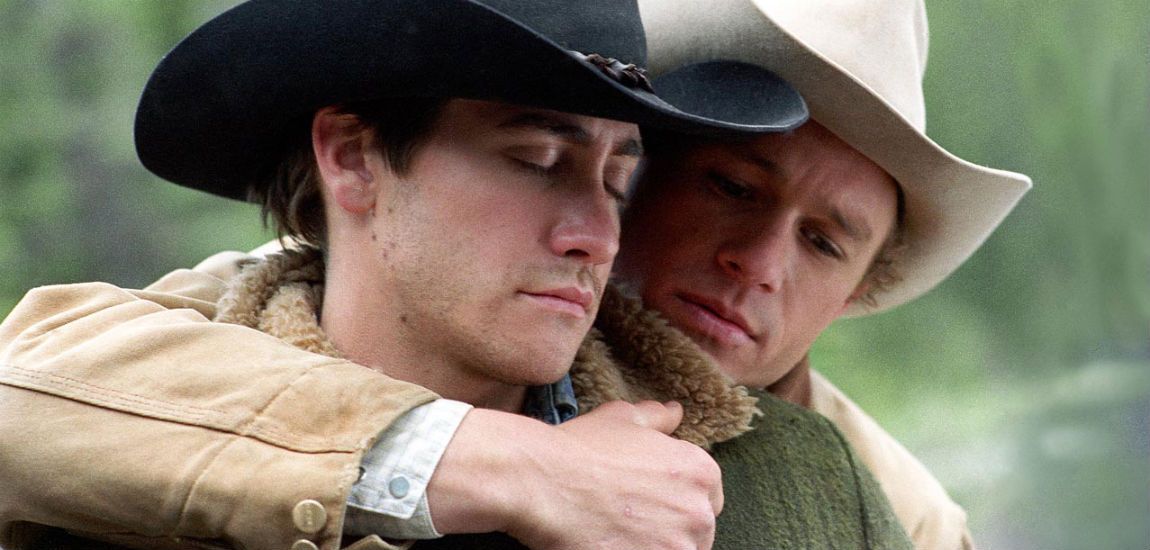
This is probably the most notorious loss on the list. Brokeback Mountain was a controversial sensation when it was first released. Never before had a gay romance film permeated the zeitgeist as this film did.
Probably due to its provocative concept as a film about “gay cowboys” directly taking down the American male’s favorite masculine myth. The noise would’ve faded if the film hadn’t of been so damn good though. Ang Lee turns the story of a secret love into an epic that stretches over twenty years with a tragic punch that makes the film as handkerchief friendly as Love Story or The Notebook while never being remotely as melodramatic as those films.
Brokeback Mountain was impossible to ignore and prognosticators thought that the Academy would follow suit. Crash, the mediocre empty platitude filled Paul Haggis film, took home the big prize. There were reports that came out later where some Academy voters admitted to refusing to watch Brokeback, showing that the Academy was never as progressive as they pretend to be.
10. Gravity (2013)
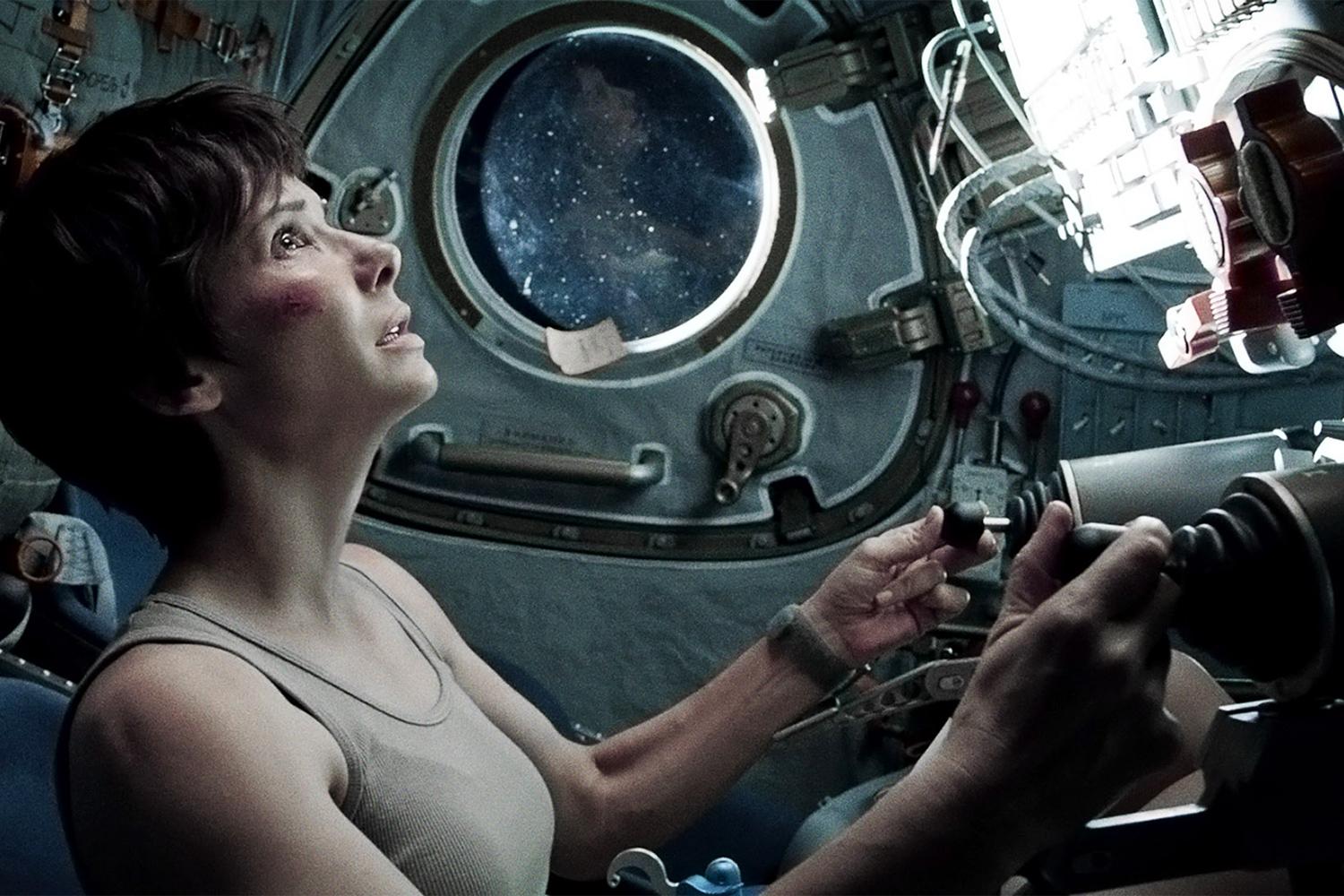
In more recent years it has become more common for the Best Director award to go towards the most impressive technical achievement. Ang Lee won the year before for his 3D fantasy Life of Pi while the last two years have award Alejandro Inarritu for making a movie that appears to be in a single shot and filming in the wilderness.
Inarritu’s buddy Alfonso Cuaron won for this 3D space survival story. Opening with an astounding twenty minute long take setting up the devastation that only leaves Sandra Bullock and George Clooney alive floating in space, the movie never lets up following step-by-step as our heroes work towards getting home.
The film worked liked gangbusters in theaters with audiences getting lost in the jaw dropping 3D while staying on the edge of their seats for the latest trials and tribulations. Time will tell if it will all hold up when the technological feats inevitably loses its luster and the more corny aspects of the movie come into sharper focus.
For now, it looks like the Academy made the right call awarding Best Picture to Steve McQueen’s 12 Years a Slave, the rare message movie that is as artful as it is socially conscious.